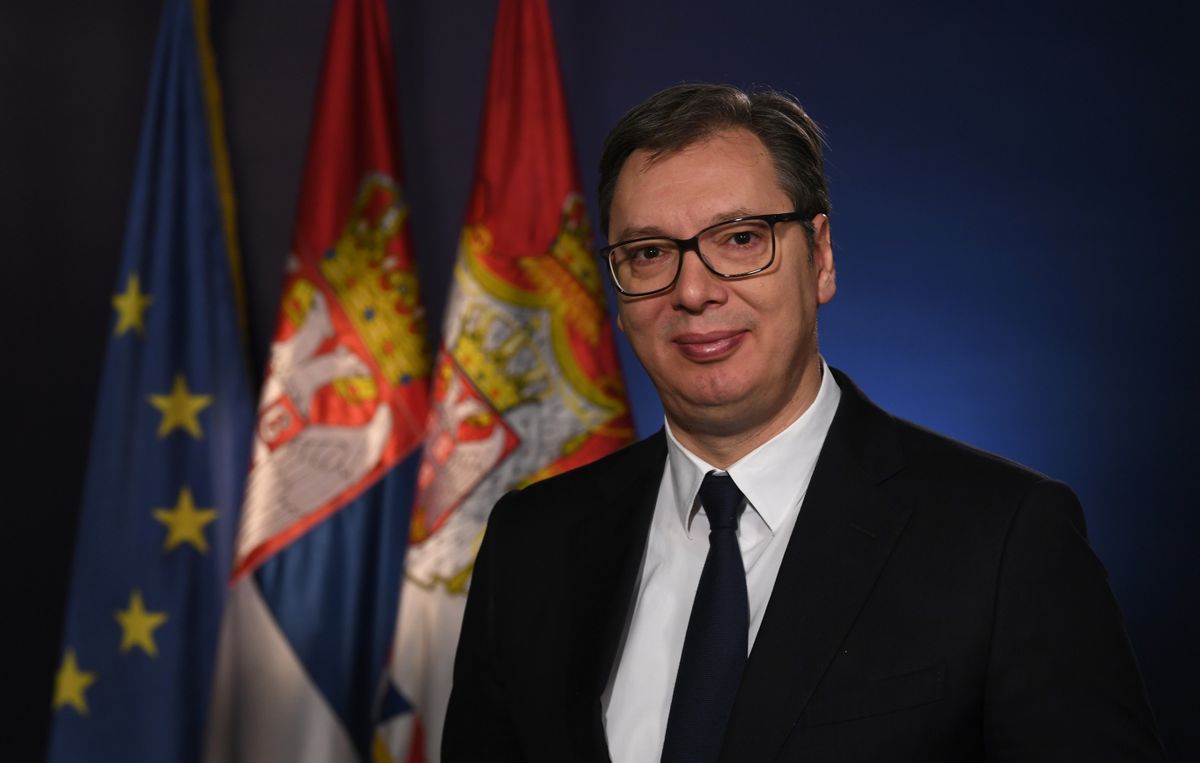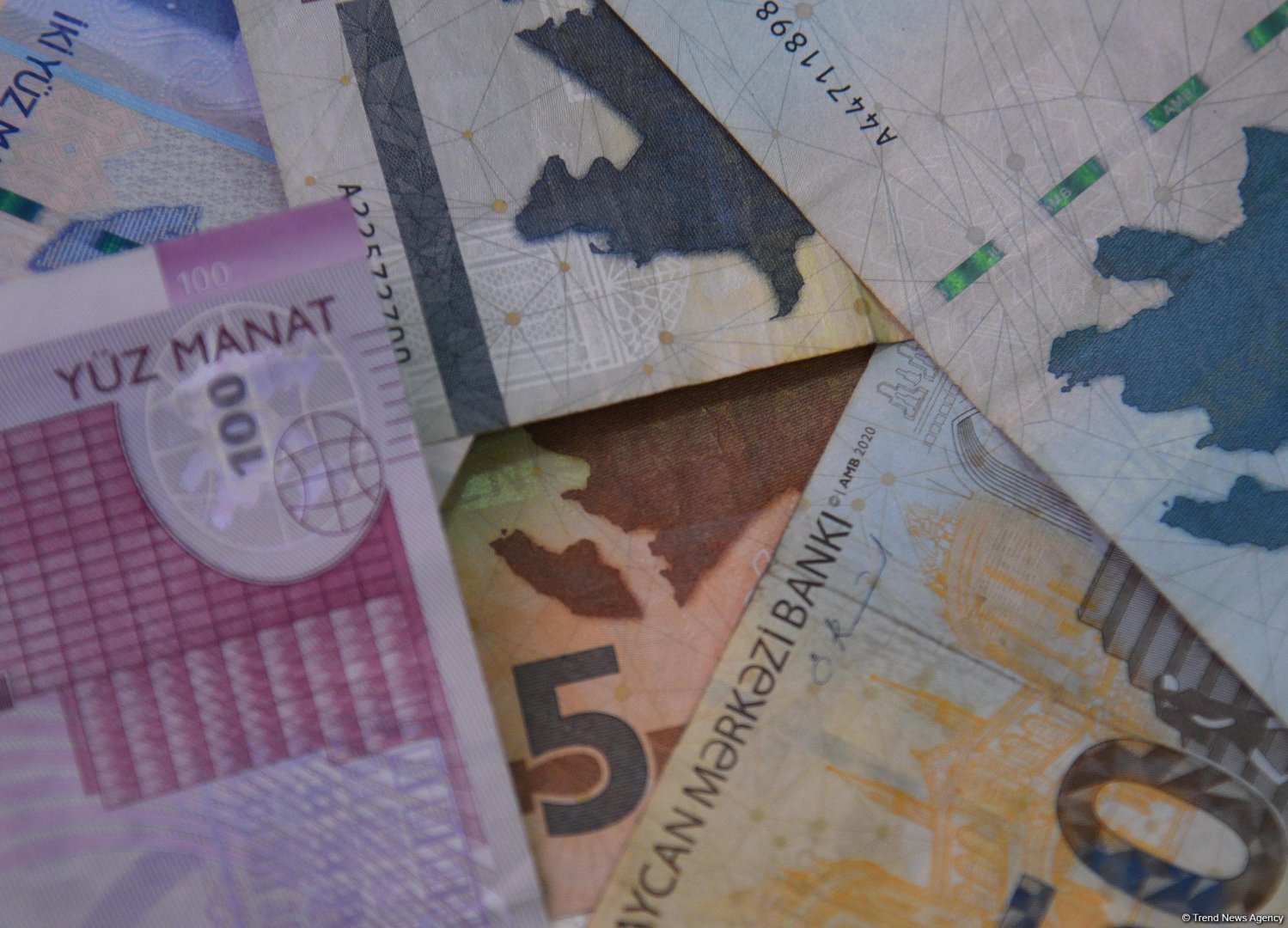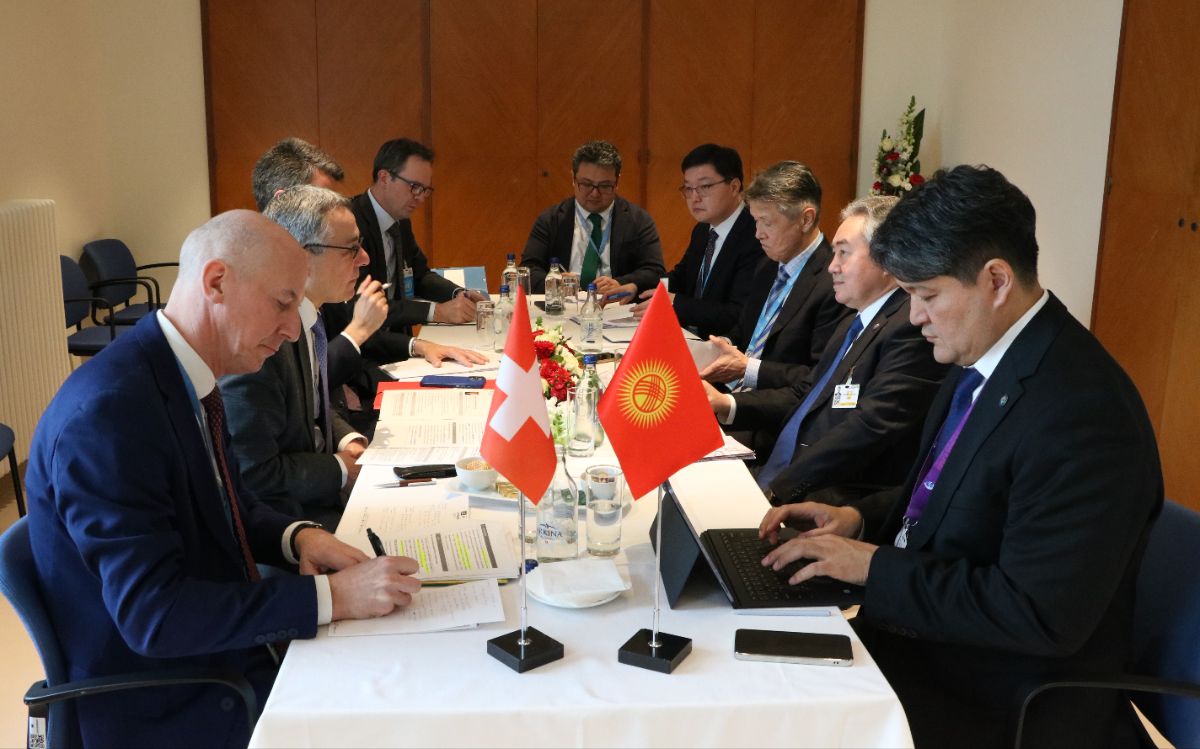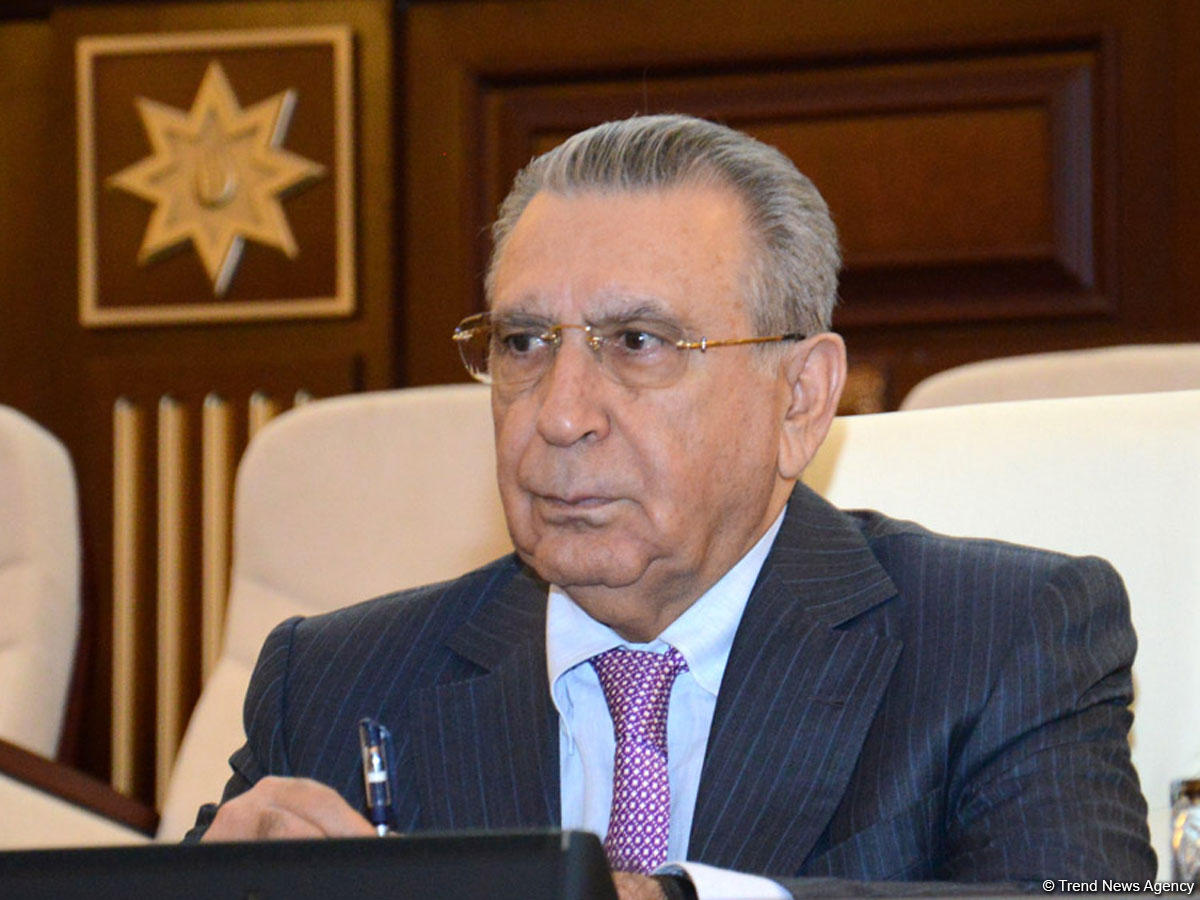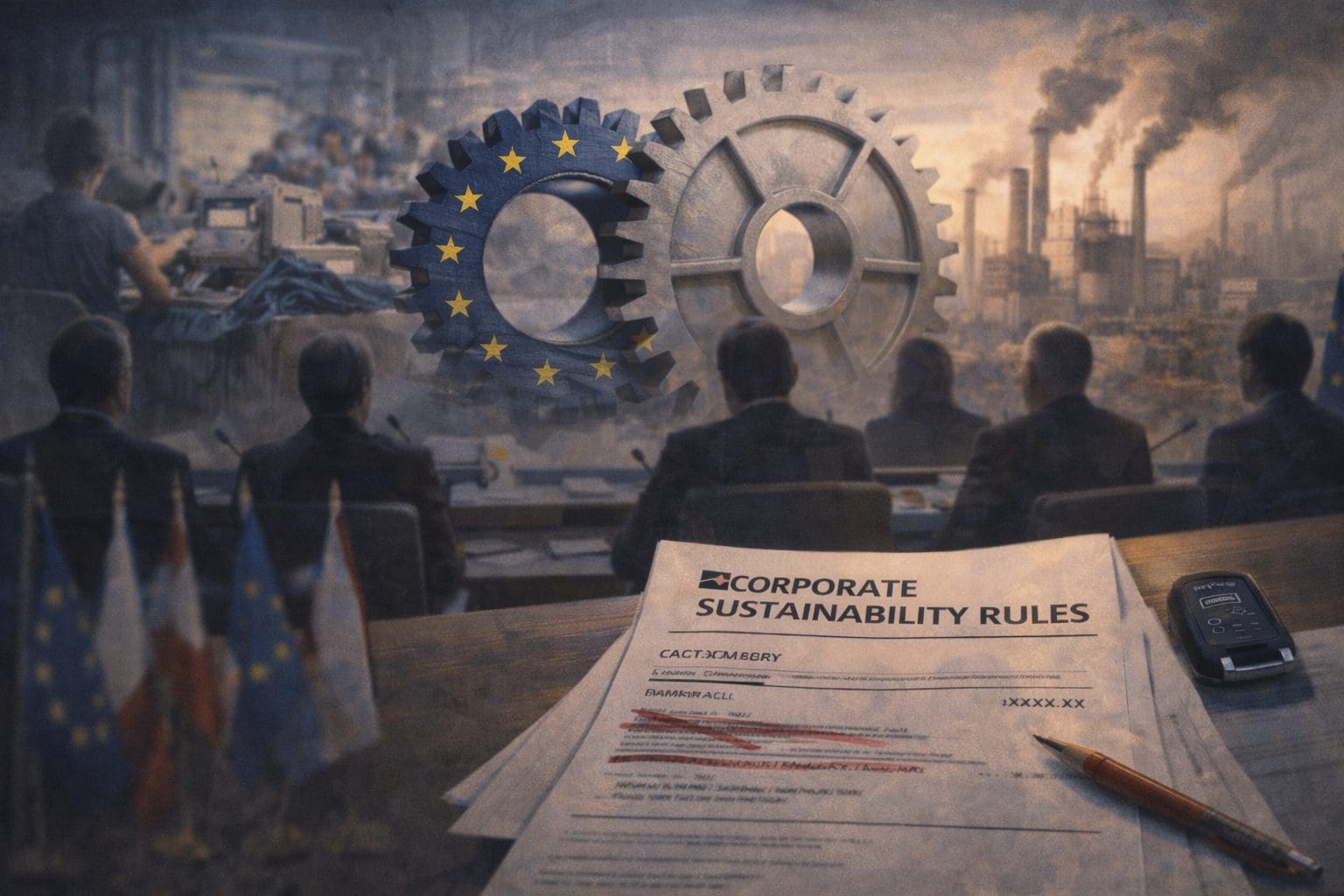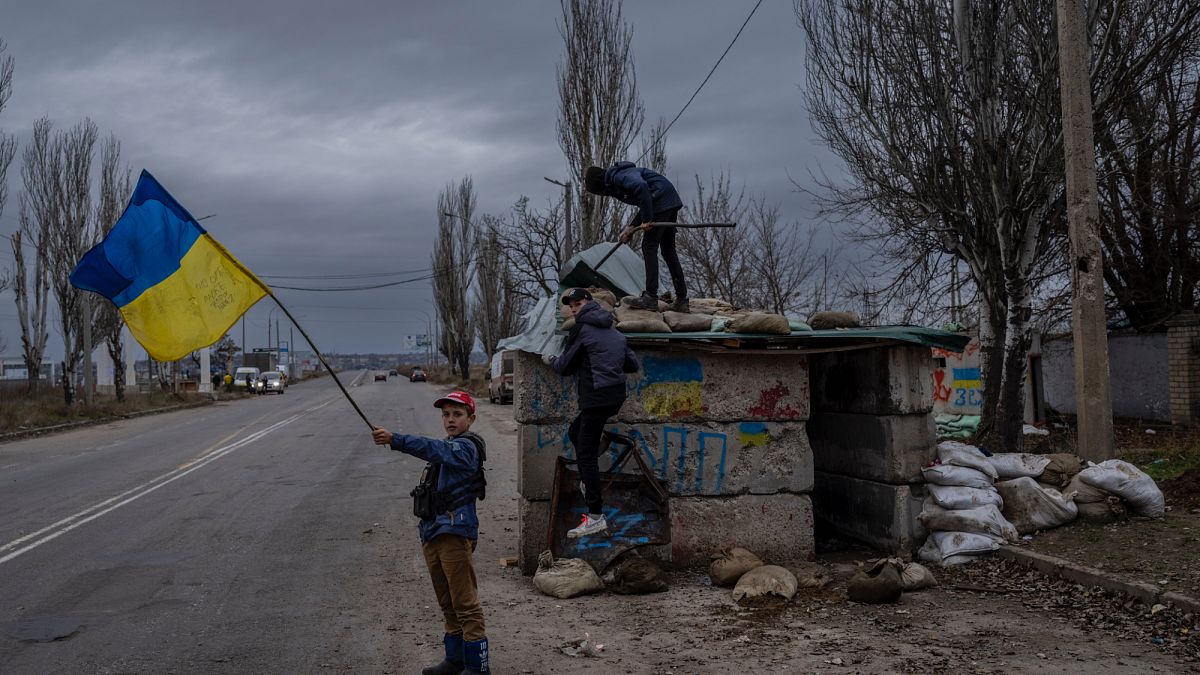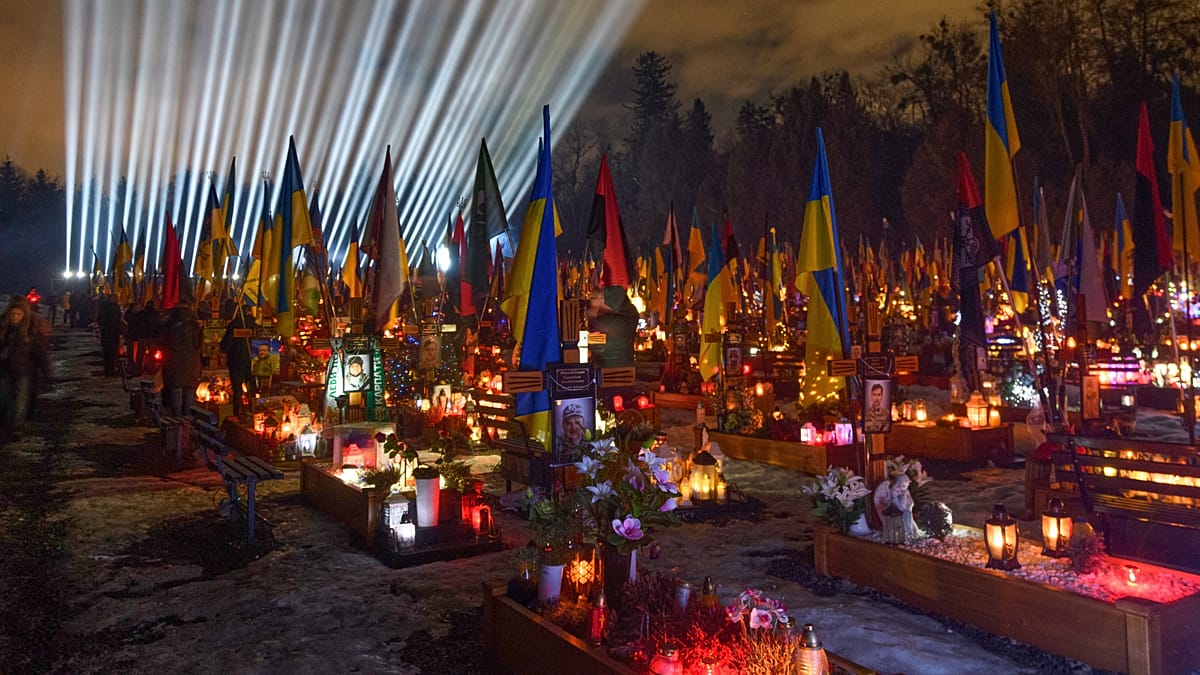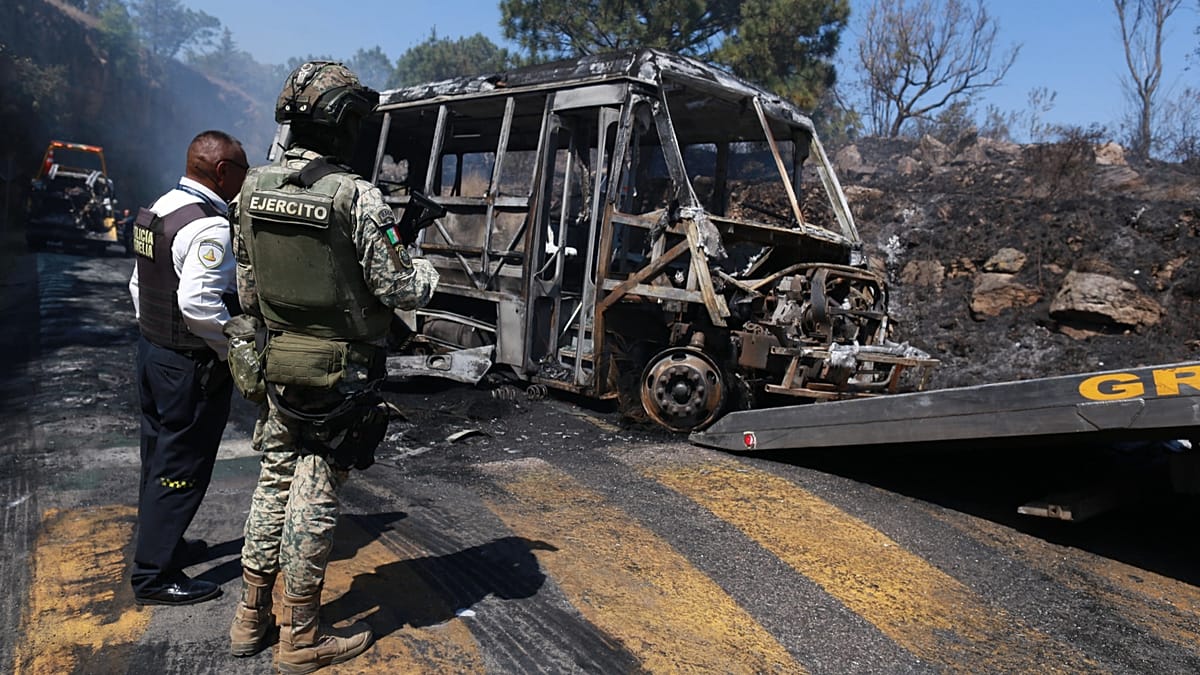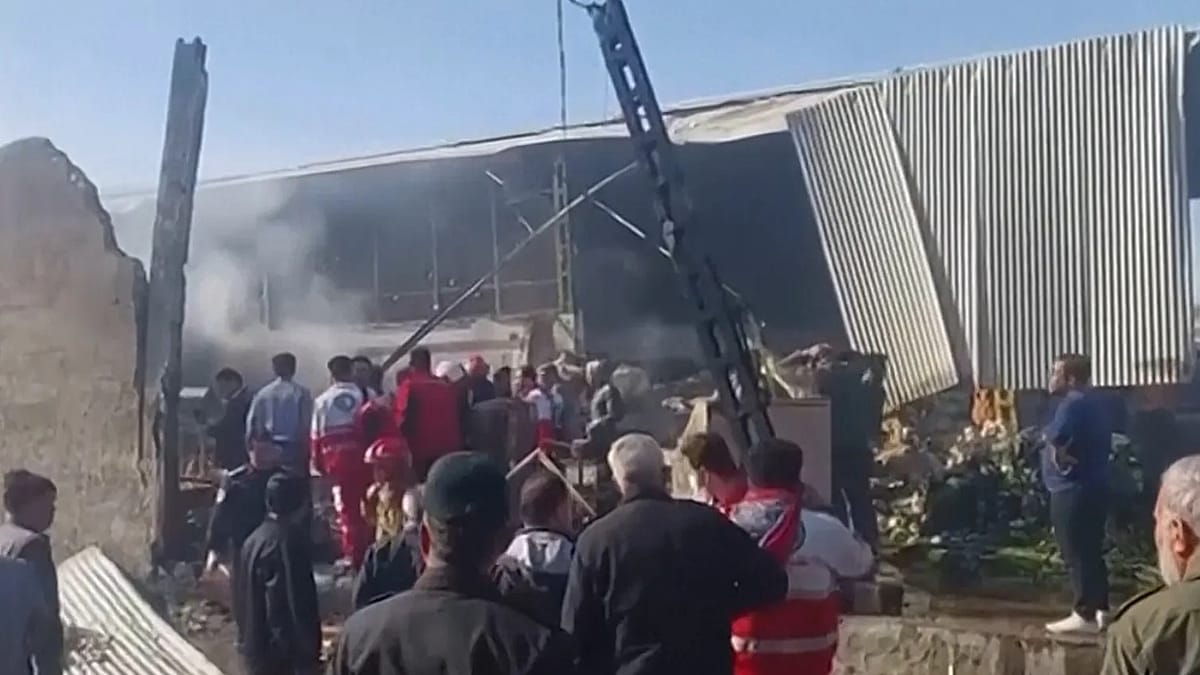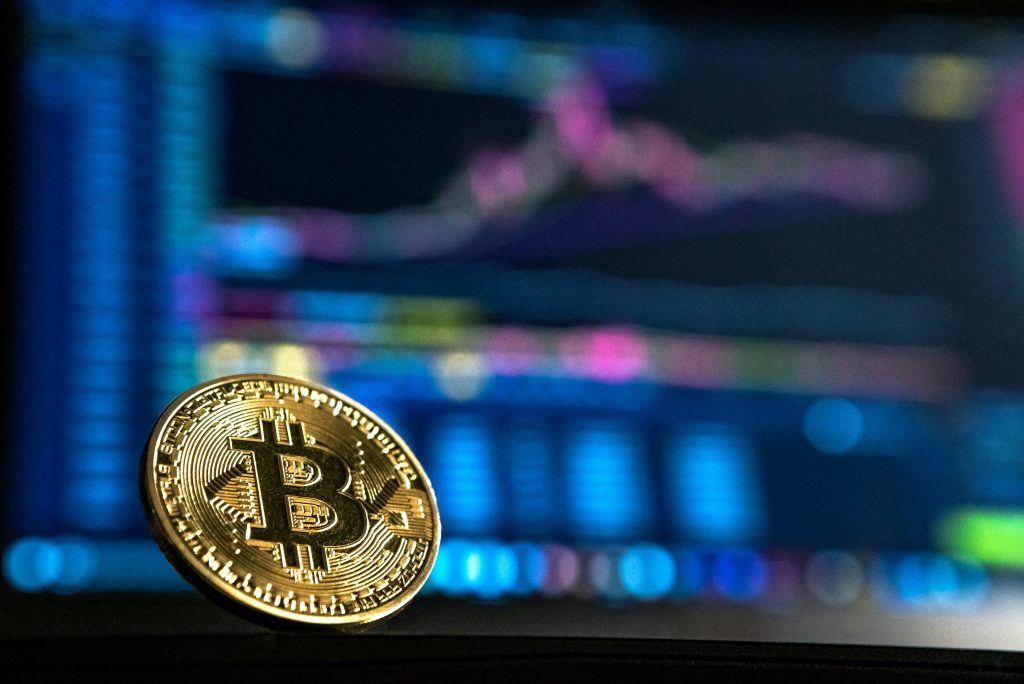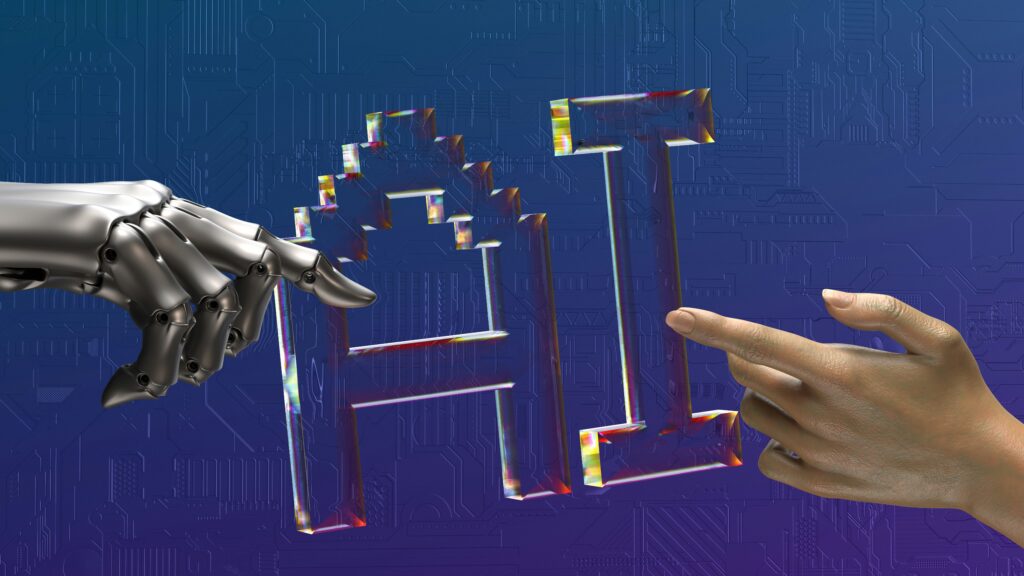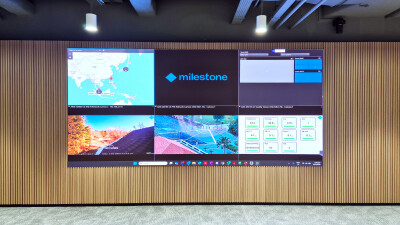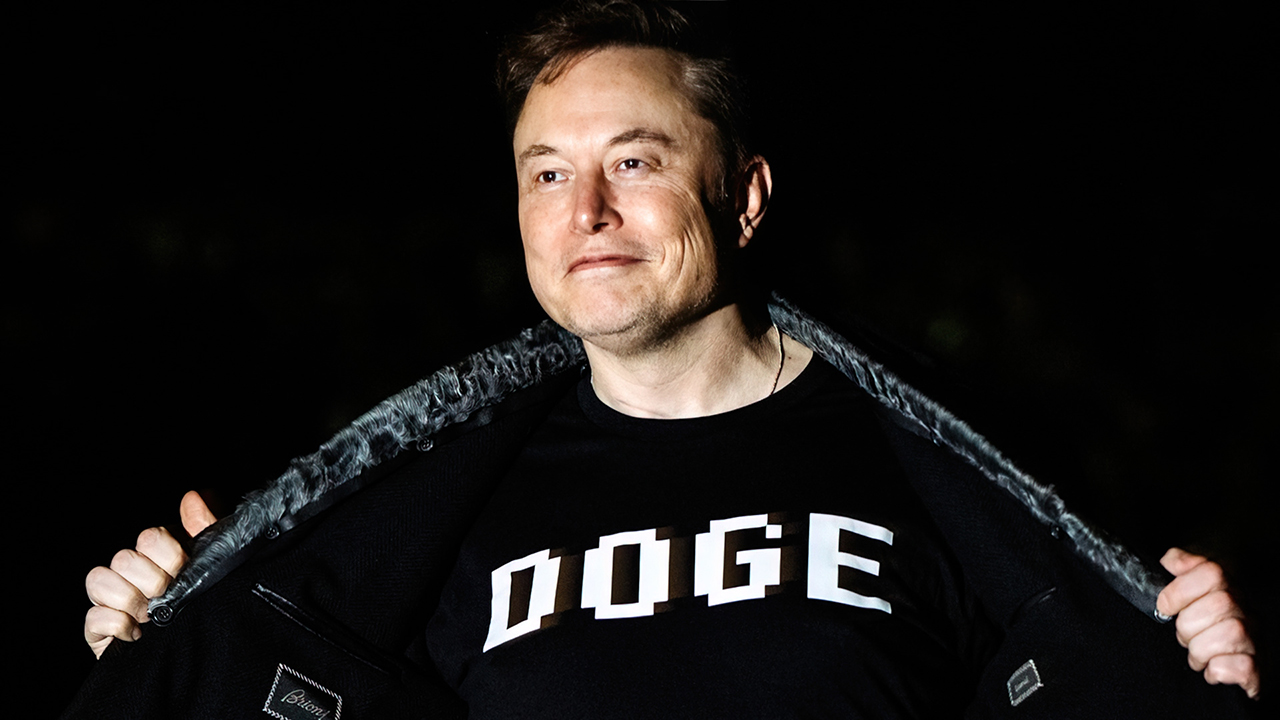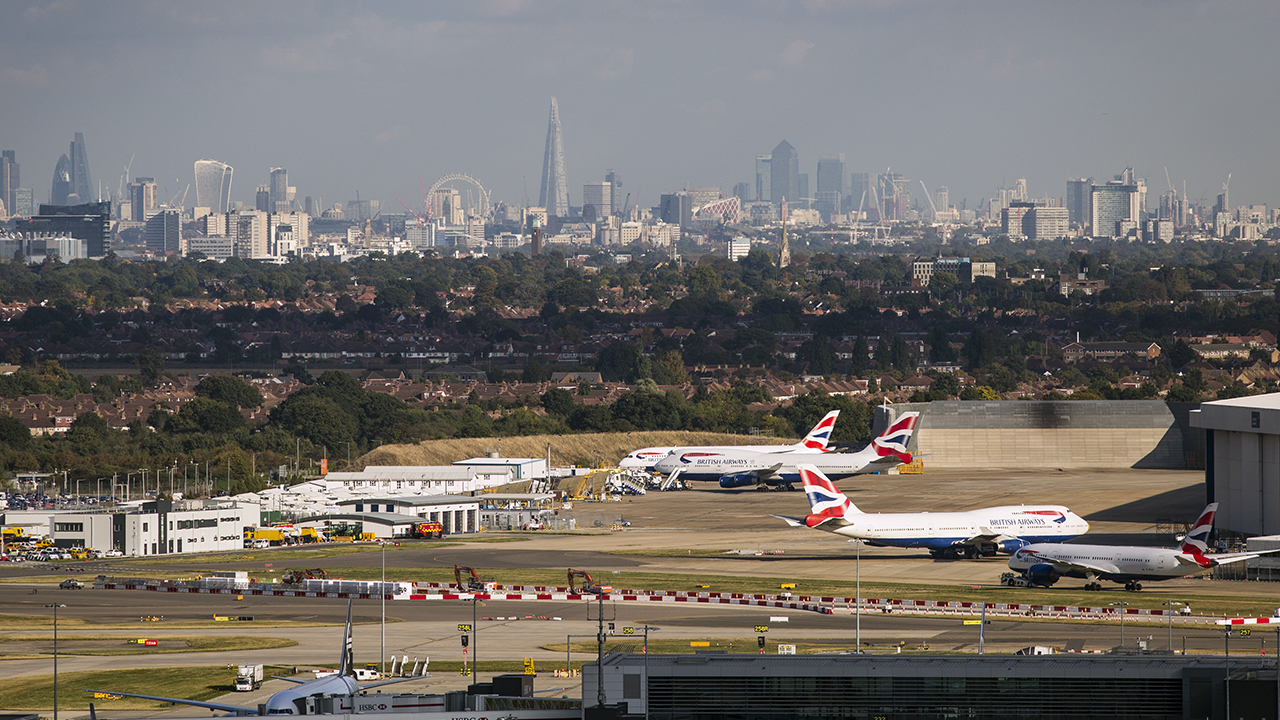We asked 3 chatbots about Europe’s startup future – here’s what they said

As artificial intelligence becomes an ever louder voice in how we consume and analyse information, we wondered: how well do AI chatbots understand Europe’s startup landscape?
To find out, we asked three of the most talked-about tools – ChatGPT (US), Mistral AI (Europe), and DeepSeek (China) – the same five questions about the future of European innovation.
All responses were generated on the free/basic versions of the tools and conducted on the date of publication, ensuring a fair comparison of how these AI models view Europe’s entrepreneurial horizon.
Which European country will lead the startup scene by 2030?
ChatGPT bets on Germany, citing Berlin’s maturity as a hub for FinTech, HealthTech, and AI, backed by a strong industrial base and deep manufacturing roots evolving into Industry 4.0. It also gives a nod to France and the UK, calling them close contenders.
Mistral AI, by contrast, sees France taking the lead by 2030, highlighting state support through France 2030, generous tax incentives, and a thriving Paris tech scene attracting talent from across Europe. It ranks Germany as a close second and gives honourable mentions to Sweden, the Netherlands, and Estonia.
DeepSeek goes all in for France. It points to Macron’s “100 unicorns by 2030” target, the La French Tech initiative, elite engineering schools, and Paris’s growing venture capital magnetism. In DeepSeek’s view, France’s mix of government vision, local reinvestment, and DeepTech focus gives it the edge.
Our take: All three tools clearly see France and Germany as the twin engines of Europe’s startup future. What’s interesting is how both Mistral and DeepSeek – European-built models – display a stronger emphasis on policy and sovereignty, while ChatGPT stays more balanced and data-driven.
What is currently the biggest challenge facing European Founders trying to scale across the continent?
Here, the consensus is unified: fragmentation.
ChatGPT and Mistral both frame Europe as a market still divided by regulatory, cultural, and funding gaps. DeepSeek expands on this in more detail, describing 27 different markets, tax codes, and consumer realities that make “continental scale” exponentially harder than in the US.
All three agree that while Europe has the brains and the capital, it still lacks the unified simplicity that American startups enjoy.
Our take: It’s telling that even the machines find Europe’s complexity troubling. The message from these bots is clear – solving cross-border scaling is a competitive necessity as much as it is a policy priority.
Which sectors will define Europe’s innovation landscape over the next decade?
Despite different tones, the three models converge around five key sectors: ClimateTech, HealthTech, FinTech, AI, and industrial innovation.
-
ChatGPT underscores Europe’s leadership in GreenTech and sustainability, pointing to the EU Green Deal and circular economy efforts.
-
DeepSeek goes into granular detail, calling the green transition “Europe’s moonshot” and adding quantum computing, robotics, and AgriTech to the mix.
-
Mistral AI aligns with both but adds a “wildcard”: DefenceTech, driven by Europe’s push for strategic autonomy.
Our take: The overlap suggests AI models are well attuned to the policy signals and funding priorities shaping Europe. The inclusion of DefenceTech is an interesting new frontier – one that’s gaining traction across the continent as the Russian invasion of Ukraine continues to loom large.
What makes Europe’s startup ecosystem unique compared to the US or Asia?
Here, the differences are subtle but still indicative of different priorities.
ChatGPT focuses on ethics, collaboration, and cultural diversity. It praises Europe’s commitment to regulation and “human-centred innovation” (ironic, no?).
DeepSeek positions Europe as mission-driven and pragmatic, contrasting its capital-efficient approach to Silicon Valley’s “move fast and break things” culture. It highlights Europe’s strength in DeepTech and B2B and its partnership between state and private sectors.
Mistral AI captures the same spirit with simpler phrasing: purpose-driven innovation, DeepTech excellence, and diversity as both a challenge and a creative strength.
Our take: All three AIs see Europe as a region defined by balance – values over velocity, diversity over scale. It’s a flattering and, in our opinion, largely accurate portrayal of how Europe’s entrepreneurial DNA differs from that of the US or Asia.
If you could advise the European Commission on strengthening Europe’s startup ecosystem, what would you recommend?
ChatGPT calls for harmonising regulations, simplifying bureaucracy, and increasing early-stage funding.
Mistral AI echoes the same themes, with an emphasis on late-stage capital, startup visas, and public procurement reform.
DeepSeek goes furthest, proposing a “Common Startup Code,” pension fund reform to unlock venture capital, and even “Airbus-style” models for tech sovereignty. This reminds us of the current efforts to establish a 28th Regime, as discussed here.
Our take: The three responses converge on a common point: Europe’s next leap forward depends on integration, investment, and ambition. If only policymaking could be automated at this speed.
Final thoughts
AI chatbots may differ in tone – ChatGPT remains the generalist analyst, DeepSeek the technocratic strategist, and Mistral the pragmatic optimist – but their collective message is surprisingly unified: Europe’s startup future will be green, collaborative, and innovative – if it can overcome its own complexity.
And if these free-tier AIs can already pinpoint Europe’s biggest startup challenges with such ease, it’s exciting to imagine what their successors will be capable of in just a few years.
The post We asked 3 chatbots about Europe’s startup future – here’s what they said appeared first on EU-Startups.
